Premium Only Content
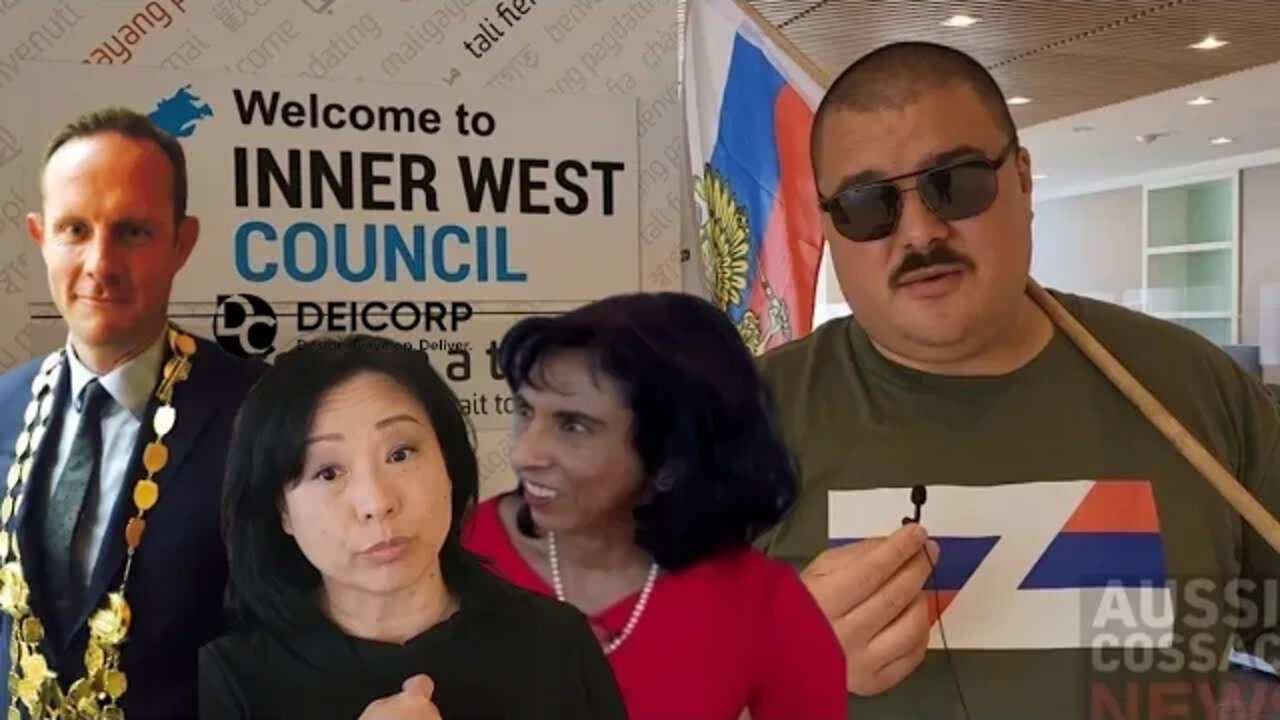
LYING Inner West Council SCANDAL: Russian, Aboriginal & Australian Flags BANNED?
Inner West Council makes it to the Aussie Cossack NEWS Channel! What Are PR Disasters? As defined by the Institute for Crisis Management, a PR disaster is “a significant business disruption that stimulates extensive media coverage.” Just as it sounds, a PR disaster could negatively impact the Inner West Councils public image.
Leave your message for the mayor Darcy Byrne (Labor) Darcy.Byrne@innerwest.nsw.gov.au · 02 9335 2157
Context from 2019:
In Haberfield, a small cozy area near the center of Sydney, about 15 years ago (Dec.2005), one of the parks was named after Wadim (Bill) Jegorow - a famous public figure, one of the creators of ethnic representation in the city, developed in modern multiculturalism in Australia.
The park had three high flagpoles, which were raised flags of Australia, Aboriginal and Russian tricolor, in honor of the heritage of Wadim Jegorow.
Over time, the flags broke in the wind, the Australian and Aboriginal flag was replaced, and the Russian was not.
The Sydney Cossacks learned about this and appealed to the district council of the city with a request to restore the flag. Council agreed to raise the Russian flag in a solemn ceremony on Australia Day. On January 26, a group of our compatriots gathered in the Wadim Jegorow Park, a long-term member of the Inner West council Lucille McKenna, who had worked and was friends with Vadim, came to the flag raising.
In a conversation with the editor of "Unification", a member of the council said that the park was named by the decision of the Ashfield council many years ago, even during the lifetime of Wadim, in honor of his services to the residents of the area. “He was a very active member of this community, the inhabitants of Haberfield knew him well. Wadim valued his Australian citizenship, but he was also proud of his Russian roots. Therefore, we have installed three flags here, including the Russian one. He was an active member of the Labor Party in this area of the city and always fought for fair treatment of people. Wadim was one of the fathers of the Australian multicultural policy of the country as a whole during the time of the Whitlam government, and it all started here in Ashfield”,- said Lucille McKenna.
Lucille also talked during the ceremonial part, telling about the heritage of Jegorow for modern Australia. Chairman of the Council of Russian Compatriots Marina Belkina, representatives of the Cossacks Semyon Boykov and Sergey Simonov also addressed the gathering. Speakers noted the need for a harmonious development of the Australian multicultural society and the importance for the Russian community to support the memory of people like Wadim Jegorow. Australian and Russian anthems sounded, and the Russian flag flew into the sky.
Vadim was born to a Russian family in Vilnius. When he was a child during the war, he ended up in a camp for displaced persons in Germany, and in 1951, at the age of 16, arrived in Australia as a refugee. Successfully studied, graduated from Homebush school, then Sydney University. At the age of 25, he was elected to the Ashfield City Council of Sydney, where he worked for nearly three decades, practicing law and senior legal affairs at the Commission on Forestry.
But the main purpose of his life was to work with the ethnic communities of the city. In 1974, his active work, which he carried out so persistently that people working with him called him “the Russian tank”, led to the creation of the first organization for migrants Inner Western Suburbs Migrant Group, which he headed. Later, on this basis, a Council of NSW Ethnic Communities was created. The council focused on issues such as creating translation services, teaching English for migrants and recognizing other languages, including them in secondary school exams, which helped preserve the culture in ethnic communities and provided Australia with a multilingual foundation. On the council’s agenda was the need to create a radio and television service that would reflect modern Australia and introduce programs from around the world. The Council strongly supported the formation of SBS. Soon, Jegorov became chairman of the National Federation of Councils of Ethnic Communities of Australia.
He left the civil service in 1987, although he continued to promote the rapprochement of Russia and Australia. He founded a student exchange program, according to which schoolchildren from Russia came to study at Trinity Grammar School in the Summer Hill area. Wadim died in 2006, his son Adrian lives in Sydney. The state leadership called Vadim a "multicultural giant," and his follower Stepan Kerkyasharian said that "every resident of the state is indebted to Bill Egorov."
Not many Russian flags are flying in public places in Australia, and Vadim Egorov Park is one of them. Those who want to visit the park address here: 103/111 Dobroyd Parade, Haberfield.
👇Support this purely crowdfunded channel:
✅NAME:Ekaterina Olshannikova
BSB:012266
ACCOUNT: 414295937
-
 0:37
0:37
Aussie Cossack
3 months agoAussie Cossack: Kursk will cost Ukraine dearly
2.3K7 -
 2:48
2:48
Steven Crowder
14 hours agoCROWDER CLASSICS: What’s This? | Nightmare Before Kwanzaa (Nightmare Before Christmas Parody)
202K12 -
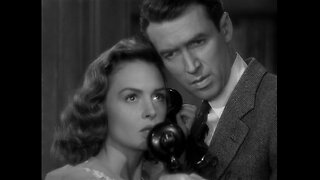 LIVE
LIVE
Quite Frankly
10 hours agoThe Christmas Eve Midnight Telethon
572 watching -
 LIVE
LIVE
Price of Reason
10 hours agoAmber Heard BACKS Blake Lively Lawsuit Against Justin Baldoni! Is Disney CEO Bob Iger in TROUBLE?
88 watching -
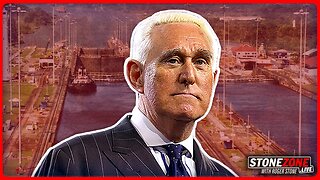 1:01:17
1:01:17
The StoneZONE with Roger Stone
4 hours agoChristmas Edition: Why the Panama Canal is Part of the America First Agenda | The StoneZONE
16.9K16 -
 LIVE
LIVE
LFA TV
15 hours agoLFA TV CHRISTMAS EVE REPLAY
530 watching -
 LIVE
LIVE
tacetmort3m
22 hours ago🔴 LIVE - THE ZONE KEEPS PULLING ME BACK - STALKER 2 - PART 15
933 watching -
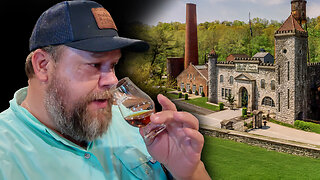 22:45
22:45
Brewzle
12 hours agoI Went Drinking In A Real Bourbon Castle
16.2K1 -
 48:36
48:36
PMG
1 day ago $0.72 earned"Parkland Parent Speaks Out On Kamala Harris Using Victims"
11.1K2 -
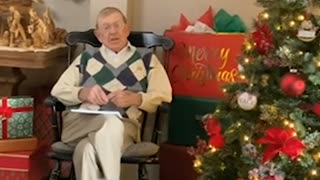 4:06
4:06
The Lou Holtz Show
10 hours agoCoach Lou Holtz’s Heartfelt Christmas Message 🎄 | Family, Faith & Notre Dame Spirit 💚 #christmas
8.39K